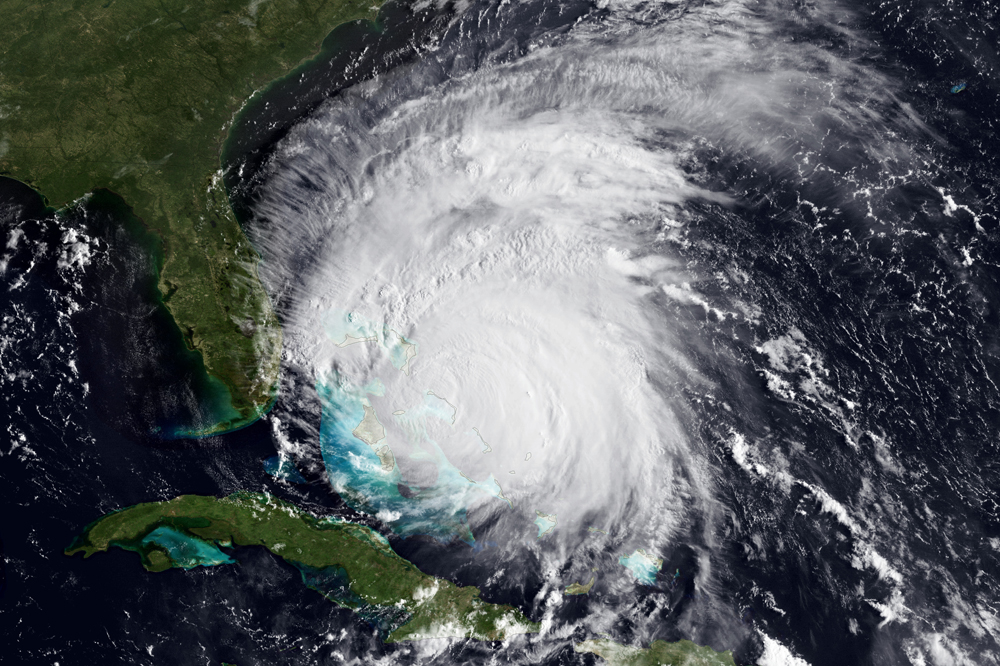
Goodnight, Irene! Destructive Hurricane's Name Retired

Get the world’s most fascinating discoveries delivered straight to your inbox.
You are now subscribed
Your newsletter sign-up was successful
Want to add more newsletters?

Delivered Daily
Daily Newsletter
Sign up for the latest discoveries, groundbreaking research and fascinating breakthroughs that impact you and the wider world direct to your inbox.

Once a week
Life's Little Mysteries
Feed your curiosity with an exclusive mystery every week, solved with science and delivered direct to your inbox before it's seen anywhere else.

Once a week
How It Works
Sign up to our free science & technology newsletter for your weekly fix of fascinating articles, quick quizzes, amazing images, and more

Delivered daily
Space.com Newsletter
Breaking space news, the latest updates on rocket launches, skywatching events and more!

Once a month
Watch This Space
Sign up to our monthly entertainment newsletter to keep up with all our coverage of the latest sci-fi and space movies, tv shows, games and books.

Once a week
Night Sky This Week
Discover this week's must-see night sky events, moon phases, and stunning astrophotos. Sign up for our skywatching newsletter and explore the universe with us!
Join the club
Get full access to premium articles, exclusive features and a growing list of member rewards.
The name "Irene" has been retired from the list of Atlantic Basin hurricane names, because of the damage Hurricane Irene caused when it hit the Caribbean and U.S. East Coast last year, the World Meteorological Organization announced today (April 13).
Storm names are decided on by the WMO and run on a seven-year cycle (so the list of names used in 2011 will be used again in 2017) in the Atlantic Basin and eastern North Pacific Basin, unless retired for causing a considerable amount of casualties or damage. Irene is the 76th hurricane name to be retired from the Atlantic list since 1954, according to a statement from the National Oceanic and Atmospheric Administration.
Irene will be replaced on the list with "Irma."
Irene became a hurricane on Aug. 22, 2011, and intensified to a Category 3 hurricane on the Saffir-Simpson scale of hurricane strength on Aug. 24 while positioned between Mayaguana and Grand Inagua in the Bahamas. It then gradually weakened and made landfall in North Carolina on Aug. 27 as a Category 1 hurricane. Irene was the first hurricane to make landfall in the United States in three years.
Irene then drifted back out over the ocean and made a second landfall the following day near Atlantic City, N.J. Later that day, the center of the storm, now much weakened, moved over Coney Island and Manhattan in New York.
Irene caused widespread damage, both in North Carolina and across the mid-Atlantic and Northeast as its rains caused catastrophic inland flooding in New Jersey, Massachusetts and Vermont.
Irene was directly responsible for five death in the Dominican Republic, three in Haiti, and 41 in the United States. For the United States, six deaths are attributed to storm surge/waves or rip currents, 15 to wind, including falling trees, and 21 to rainfall-induced floods, according to NOAA.
Get the world’s most fascinating discoveries delivered straight to your inbox.
Including flood losses, damage in the United States is estimated to be $15.8 billion. It was one of 14 billion-dollar disasters that hit the United States last year, a record number.
This story was provided by OurAmazingPlanet, a sister site to LiveScience. Follow OurAmazingPlanet for the latest in Earth science and exploration news on Twitter @OAPlanet and on Facebook.
 Live Science Plus
Live Science Plus











